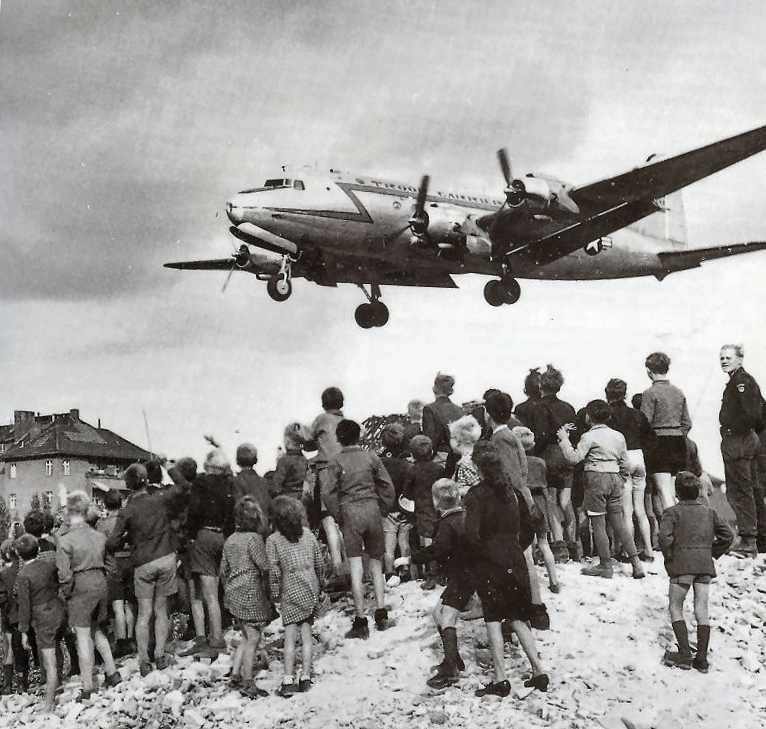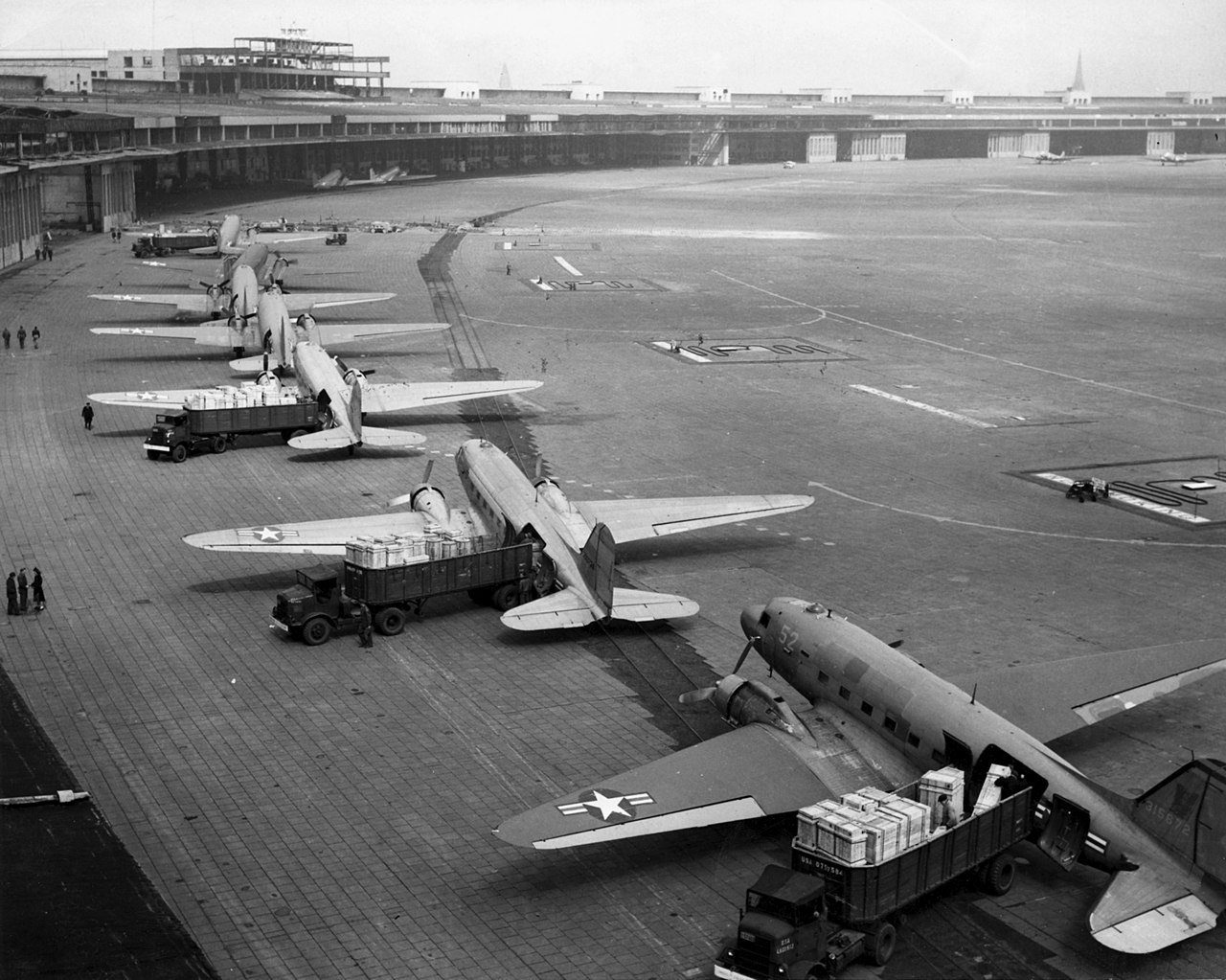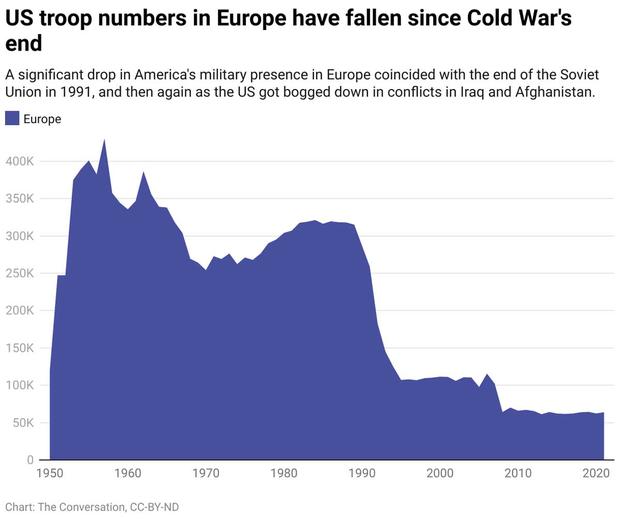Excuse the momentary sidetrack, please.
The initial solution to this was to deploy large amounts of US manpower and equipment in Western Europe, particularly West Germany; But this was expensive, and was unpopular both with the deployed troops, and with the local residents.
I agree with your post, bilby, but neither expense nor (lack of) popularity affected the number of US troops posted overseas.
Once the infrastructure was established, the cost of keeping a quarter million US troops in Germany was almost indistinguishable from having them stationed in the US.
The deployed troops could hardly feel the difference. Most of them had their families with them, and hardly any lived in barracks. They had their own homes in US compounds resembling little cities with shopping malls, schools, golf courses, football grounds, baseball parks, churches, social clubs for various hobbyists and interest groups etc. Some did not even live inside those communities. The troops and their families basically liked their lives.
As for Germans, they basically regarded the US occupiers favourably. Unlike the British, who were not a great deal better off than the natives in the area they were controlling, they were generous. We just about developed a cargo cult. Unlike the French, they were not plain vindictive and unlike the Russians they were not outright oppressive, brutal and cruel.
The popularity of US troops was fairly good almost from the start. It got a huge uplift when they broke the USSR's 1948/9 blockade of Berlin with their raisin bombers.
Air-freighting over 12,000 tons of milk, coal, flour and whatever else Berlin needed to survive was definitely super expensive, but the USSR lifted the blockade in May 1949. Not trusting Stalin, the US continued with what became known as the air bridge until September. Expense was not an impediment during the cold war.
The generosity was not confined to that city. Speaking personally, we had a USAF pilot renting a room from us. He was a never ending source of goodies like peanut butter, corn flakes, pop corn and other luxuries we had not known until he arrived. We also socialised with children of American troops. Fun times were had by all. Language differences were not an obstacle.
Beginning around 1967, popularity did take a rather profound dive. I think it was in part due to the emergence of a leftish political movement, the vaguely rebellious hippy culture and a growing opposition to the Vietnam war. None of these developments brought about a drawing down of the number of troops in Germany, though, or anywhere else in Europe for that matter.
In short: Neither cost nor popularity are factors in the number of overseas troop deployments. National interest is. There was no significant reduction of overseas forces until the USSR's dissolution brought about the end of the Warsaw pact and the cold war with it.



